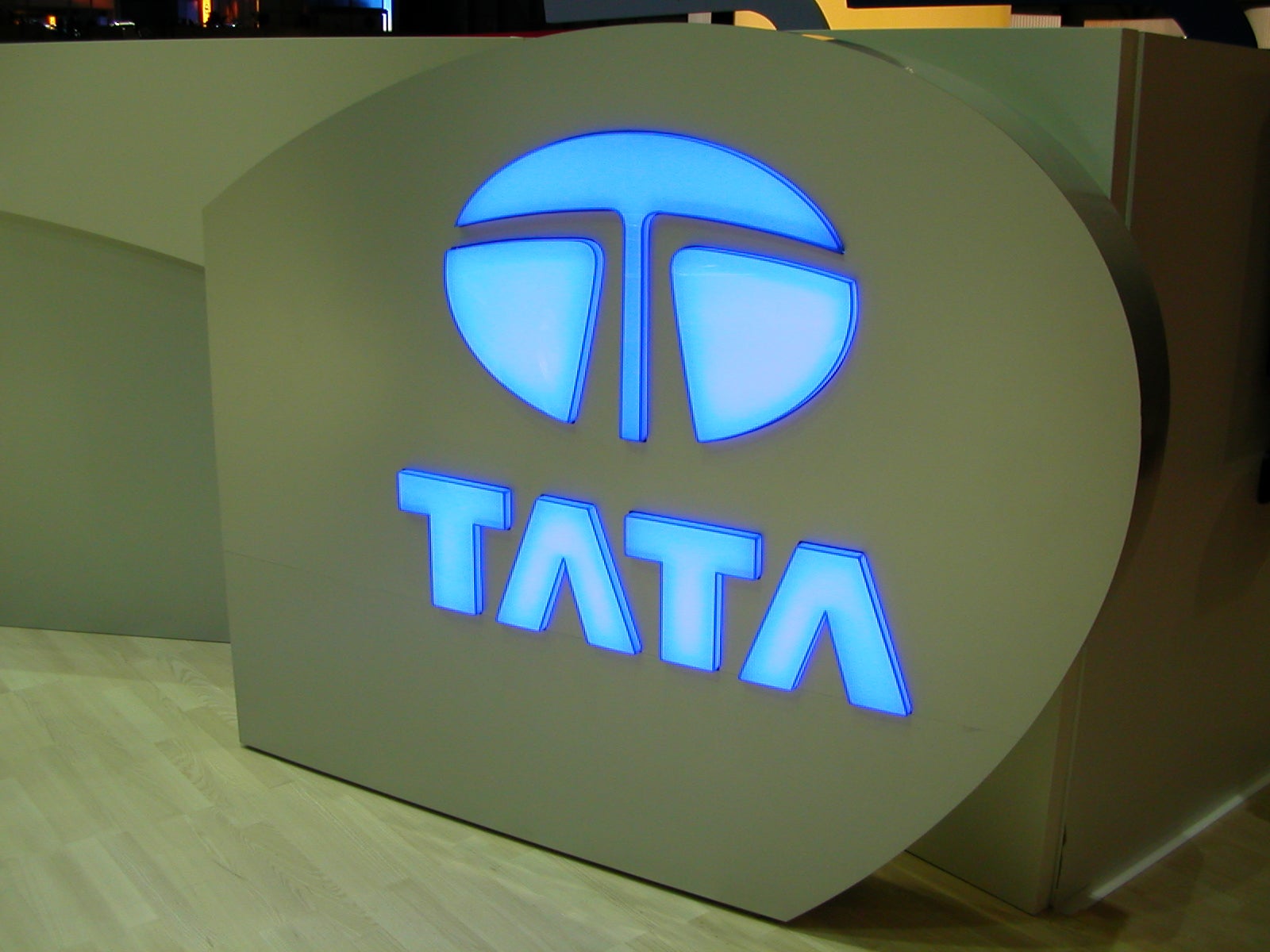
Tata Group is weighing its options to abandon its plans to enter the banking business, the Economic Times has reported citing undisclosed sources.
The Indian multinational conglomerate was looking to foray into the banking space through its financial services arm Tata Capital.

Access deeper industry intelligence
Experience unmatched clarity with a single platform that combines unique data, AI, and human expertise.
In late 2020, the country’s central bank, the Reserve Bank of India (RBI), recommended granting banking authorisation to industrial players.
The restrictions and regulatory requirements associated with a banking business would present operational hurdles for the group, the sources told the publication.
Additionally, the cost of having a bank as part of the group would be far more than the benefits, they said.
Given the high operational cost of banks and the convergence of rules for banks and non-bank finance companies in India, operating as a standalone finance firm is an advantage, they added.

US Tariffs are shifting - will you react or anticipate?
Don’t let policy changes catch you off guard. Stay proactive with real-time data and expert analysis.
By GlobalDataTata Capital is a holding company for the group’s lending, investment, and advisory business with INR100bn ($1.2bn) in revenue.
It is shifting focus on retail loans to cut credit costs and accelerate the pace of digitisation.
A person close to the RBI said: “The RBI is comfortable granting new bank licences, but to those groups and entities whose core area is finance. This is why the RBI has opened the doors for standalone finance companies, cooperative banks and payments banks to convert into banks.”
A senior executive in the banking sector said that the central bank believes that corporates would use the banking licence for self-service.
“Even today, the NBFCs floated by corporate entities do a significant amount of captive business and engage in related-party transactions. Therefore, they would not qualify for a banking licence,” the executive added.
In the case of Tata, which has a licence to operate a payment gateway, ensuring compliance is a major hurdle because the authorities would have to go through around a thousand balance sheets for related-party transactions.







